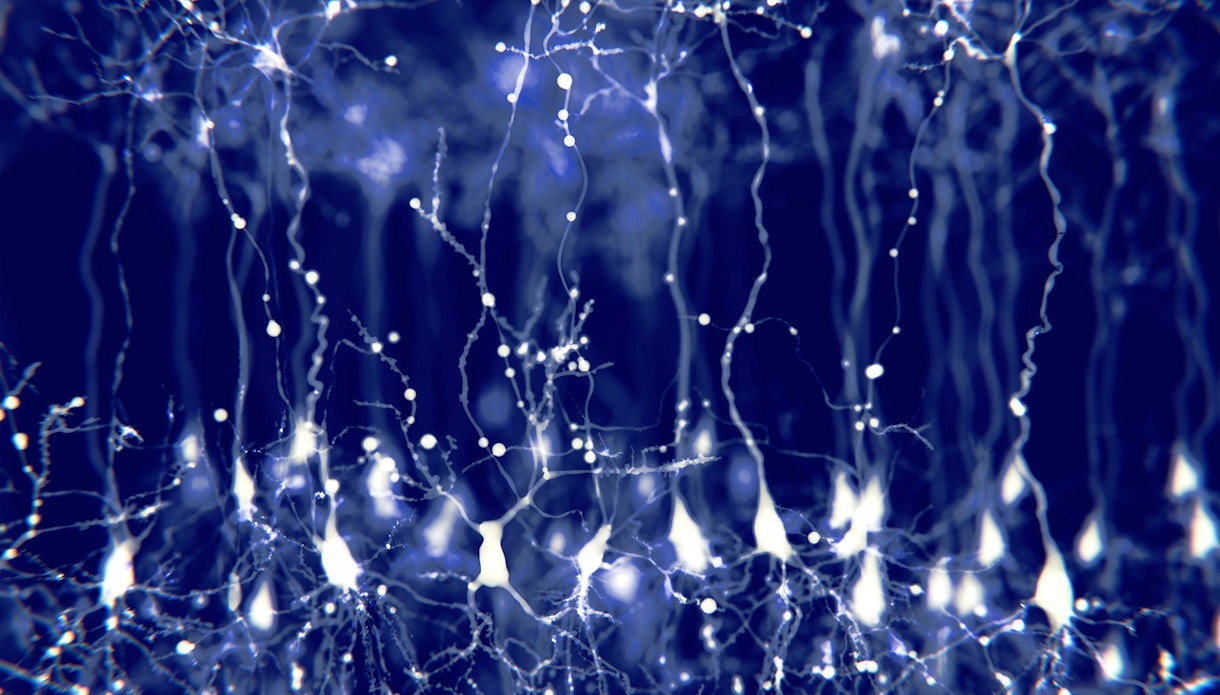
Juan Gaertner / Shutterstock
The Simons Foundation Autism Research Initiative (SFARI) is pleased to announce that it intends to fund 15 grants in response to the Winter 2019 Pilot Award request for applications (RFA).
Pilot Awards aim to support novel, high-risk, exploratory ideas in autism research that have the potential to yield transformative results. The funded grants will address research questions related to the genetic and molecular bases of autism spectrum disorder that underlie circuit-level dysfunction, as well as topics in clinical studies.
SFARI intends to provide approximately $4 million in funding over the next two years to 17 investigators as part of this award program.
“We received a high-number of high-quality applications,” says SFARI Director Louis Reichardt. “We thank all of the investigators who applied and peer reviewers who helped evaluate their proposals. We expect the funded grants will help illuminate aspects of autism genetics and neurobiology that remain to be understood.”
The Winter 2019 Pilot Awards are the first grants to be awarded after SFARI implemented a number of changes to its request for grant applications. These changes, which are discussed in detail in this blog post, included ending the Explorer Award program and rebooting the existing Pilot and Research Award RFA. The new Pilot Award funding program, under which these grants have been awarded, is now accepting applications biannually. The RFA for the Summer 2019 Pilot Awards opened earlier this week.
“We were very pleased with the outcome of this RFA,” says SFARI Senior Scientist Alice Luo Clayton. “Our recent changes helped to reinforce the unique goals of the Pilot Award throughout the decision-making process, and we are excited to support outstanding science that is truly exploratory and potentially transformative.”
The projects that SFARI intends to fund in this cycle include:
Maria Chahrour, Ph.D. (University of Texas Southwestern Medical Center)
Mobile genetic elements in autism spectrum disorder
Ann Marie Craig, Ph.D. (University of British Columbia)
Enhancement of neurexin-1 function in a genetic mouse model: A novel approach to restore synaptic pathways disrupted in autism
Kristina Denisova, Ph.D. (Columbia University)
Investigating sensorimotor signatures during sleep states in infants at high risk for autism
Joshua Hartshorne, Ph.D. and Stefano Anzellotti, Ph.D. (Boston College)
Connectivity-based Bayesian nonparametric modeling of individual variability in autism
Arkady Khoutorsky, Ph.D. (McGill University)
Dysregulation of the integrated stress response pathway in fragile X syndrome
Jun Hee Kim, Ph.D. (UT Health San Antonio)
Role of the autism risk gene Scn2a in oligodendrocyte-mediated myelination and circuit development
Alex Kwan, Ph.D. (Yale University)
In vivo calcium dynamics in dendritic spines of Shank3 and Scn2a mutant mouse models of autism
Maria Lehtinen, Ph.D. (Boston Children’s Hospital, Harvard Medical School)
Augmentation of serotonergic signaling during development in a mouse model of autism: A mechanism to regulate choroid plexus function?
Pierre Mattar, Ph.D. (Ottawa Hospital Research Institute)
Elucidating the role of chromatin-modifying complexes in autism spectrum disorder
Hirofumi Morishita, M.D., Ph.D. (Icahn School of Medicine at Mount Sinai)
Role of autism risk genes in prefrontal circuits underlying social processing in mice
John Murray, Ph.D. and Alan Anticevic, Ph.D. (Yale University)
Computationally modeling large-scale neural dynamics in autism using existing neuroimaging and transcriptomic datasets
Nael Nadif Kasri, Ph.D. (Radboud University)
Building phenotypic maps based on neuronal activity and transcriptional profiles in human cell models of syndromic forms of ASD
Richard Salvi, Ph.D. (University of Buffalo)
Auditory hypersensitivity and circuit disruptions in a rat model of fragile X syndrome
Jeremy Veenstra-VanderWeele, M.D. (Columbia University)
Impact of maternal serotonin levels on neurodevelopment
Linda Wilbrecht, Ph.D. (University of California, Berkeley)
The influence of ASD risk genes on corticostriatal circuit development and reinforcement learning


